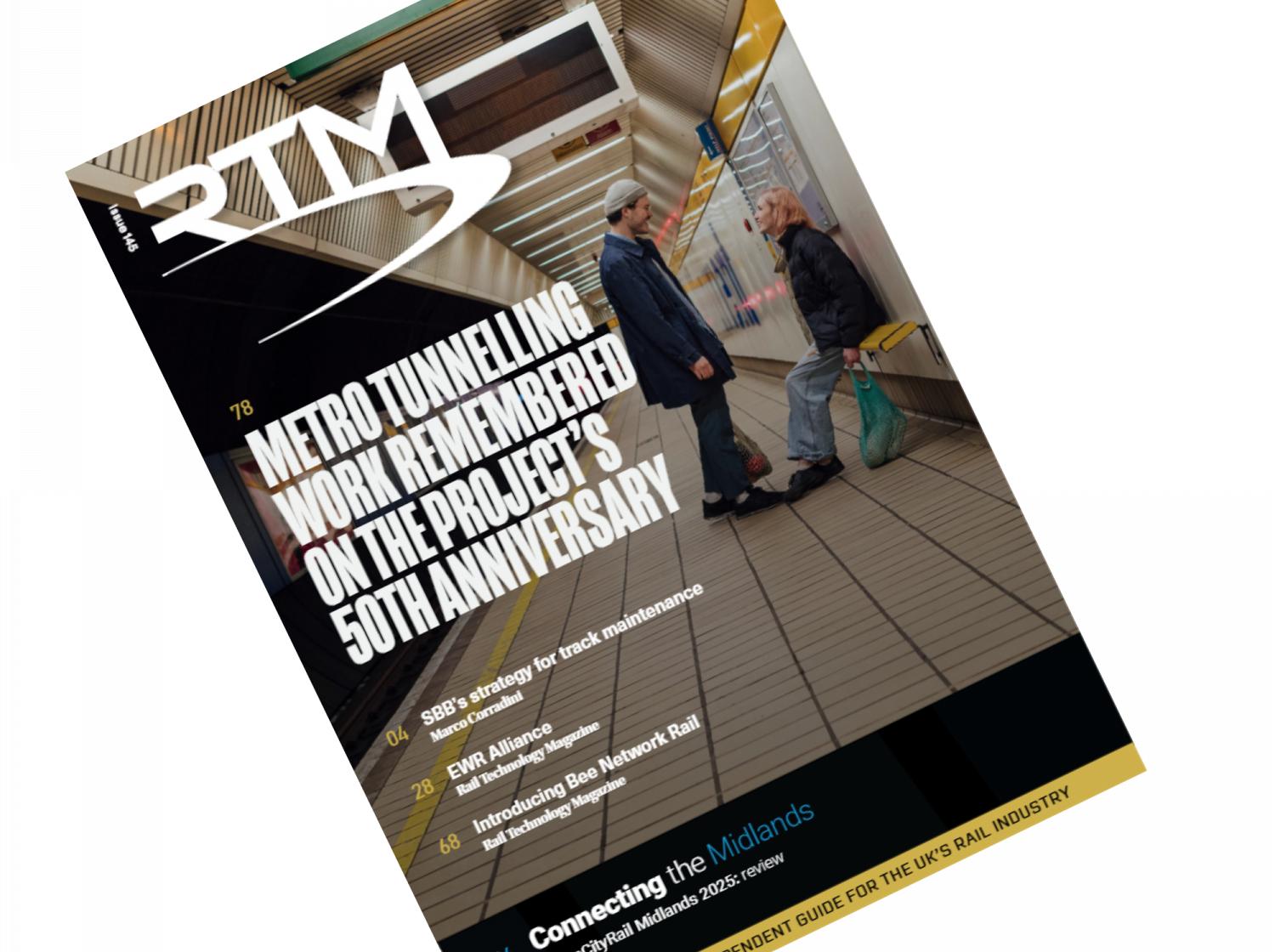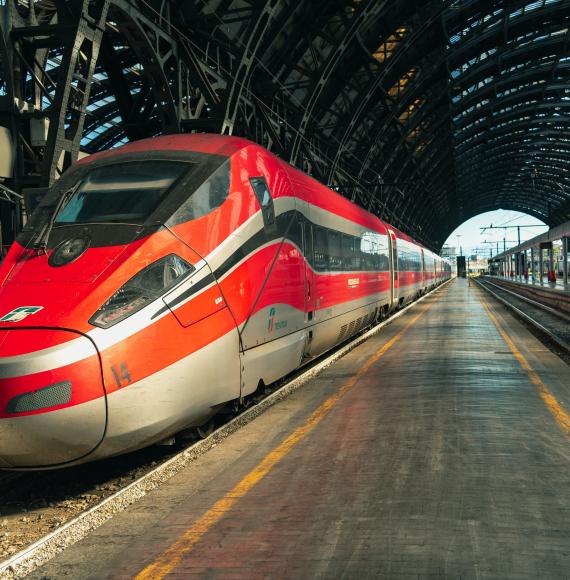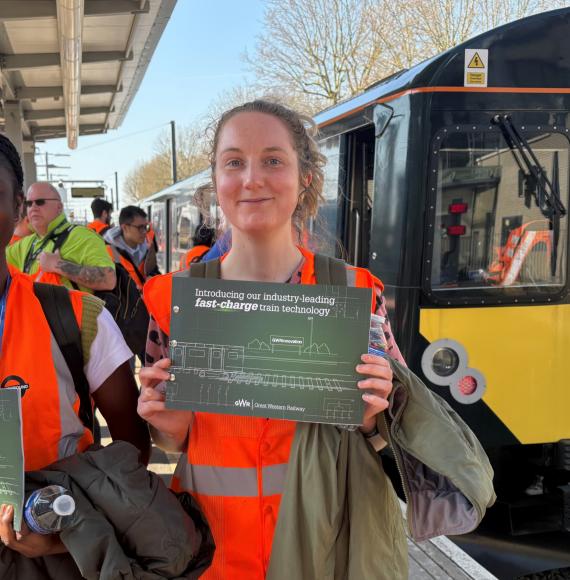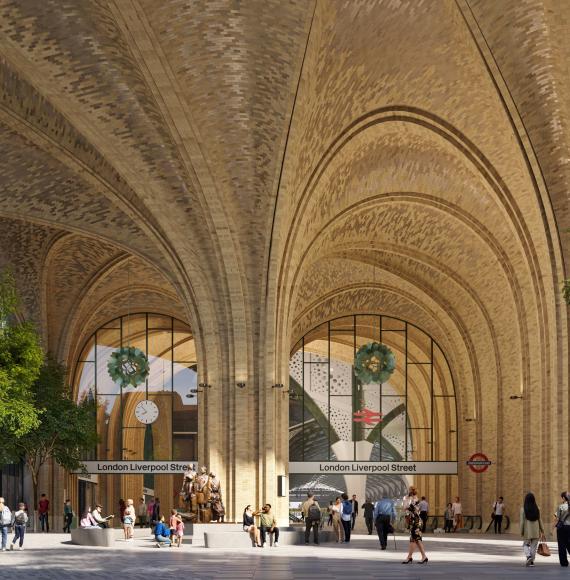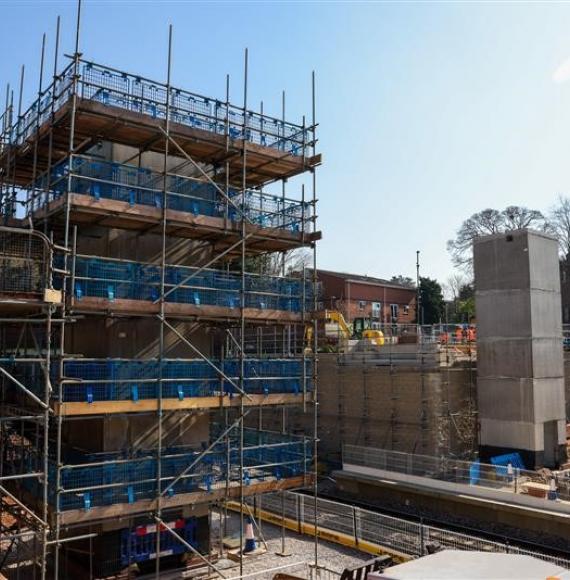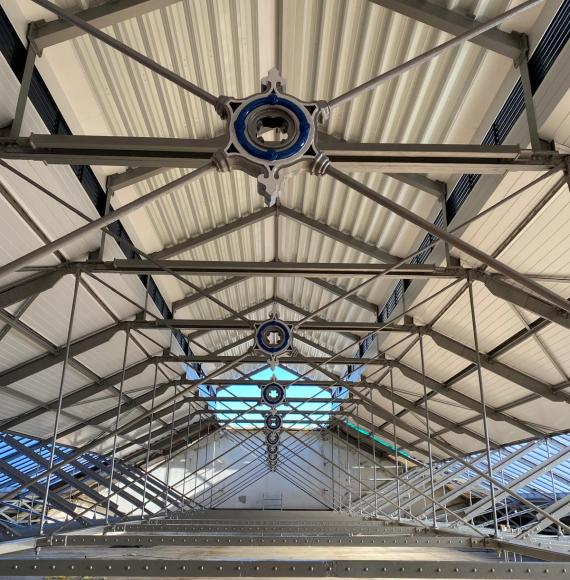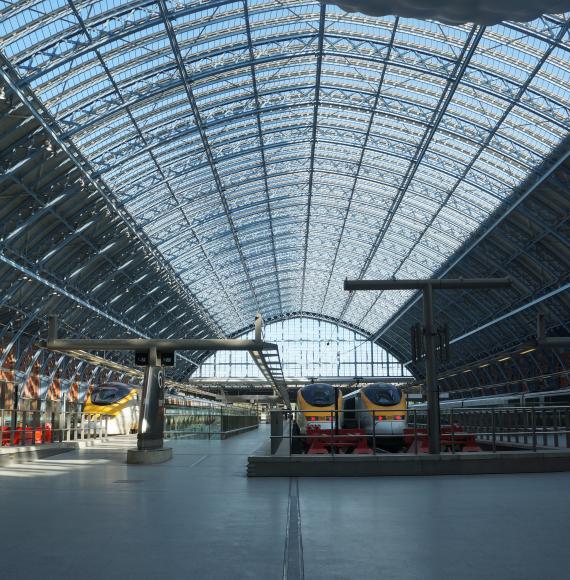Passengers across the South West are to benefit from their integral rail link being protected following the completion of the first phase of a new seawall at Dawlish.
Rail Minister Chris Heaton-Harris was present to at the site to officially open the new £25m structure on the seafront west of Dawlish station, the minister saw the first phase of the £80m scheme designed to create a more resilient railway at an exposed location, which was severely damaged in storms in 2014.
The new wall, which runs from Colonnade underpass, west of Dawlish station, to Boat Cove, will protect 360 meters of railway and homes behind it.
Constructed after detailed consultation with the local community, the design is aimed at preserving the panoramic views and access to the coast for residents and tourists, whilst ensuring passengers and businesses can rely on a secure, reliable service.
The Rail Minister also visited a train maintenance depot at Exeter, which has been extended in partnership with Network Rail and train operator GWR to accommodate an increase in its fleet size in the Devon and Cornwall area.
The £53 million upgrade supports the delivery of more seats on more frequent services for passengers, improving service reliability and capacity for passengers across the region.

Network Rail are planning for the second phase of the seawall which is to extend for a further 415 metres eastwards from Colonnades to Coastguards breakwater and include accessibility improvements to Dawlish station. This has now been approved and work is expected to start next month, taking around 2 years to complete.
Rail Minister Chris Heaton-Harris said: “Our investment in this new seawall will provide a resilient railway for generations to come, delivering for the thousands of passengers that rely upon this vital link every day, and the residents whose homes and businesses must be protected.
“This rigorous set of defences forms part of our ambitious plans to deliver reliable, punctual journeys across Devon and Cornwall, improving connections between communities to help the South West build back better, boosting the local economy and tourism.”
Image: Network Rail



